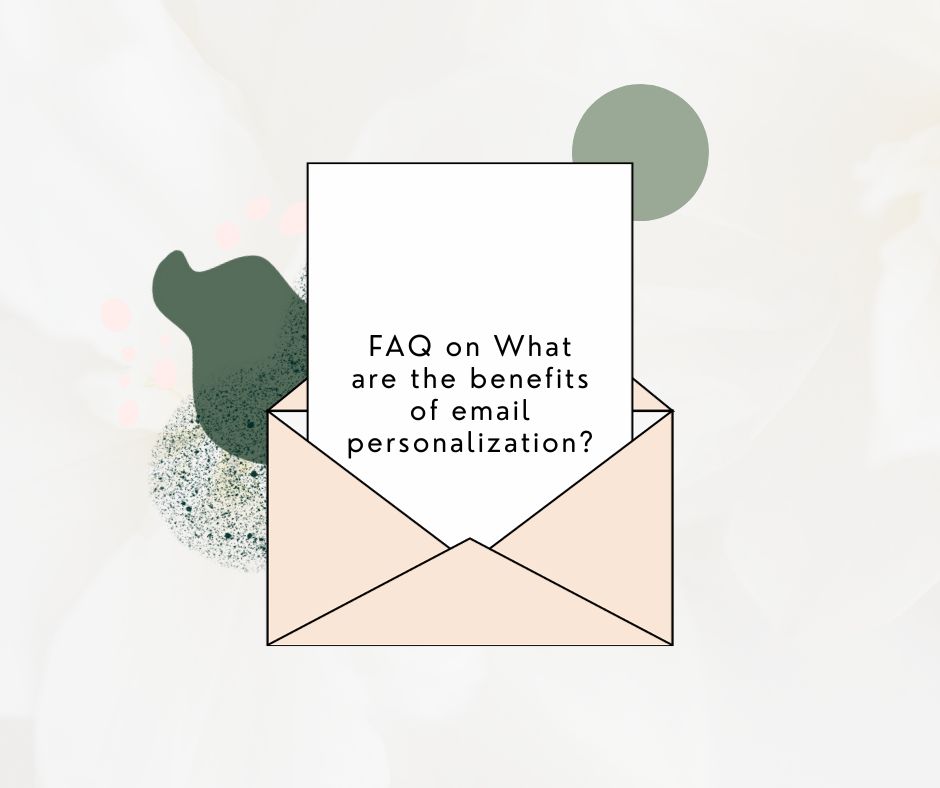Email personalization offers several benefits for both the sender and the recipient. Here are some of the key advantages:
What are the benefits of email personalization?
1. Increased Open and Click-Through Rates: Personalized emails have higher chances of being opened and read compared to generic emails. By addressing recipients by their name and tailoring the content to their interests, you can grab their attention and encourage them to engage with your email.
2. Better Customer Engagement: Personalized emails create a sense of individual connection with the recipient. When you cater to their specific needs and preferences, they are more likely to feel valued and engaged with your brand. This can lead to increased customer loyalty and long-term relationships.
3. Improved Conversion Rates: When you personalize your emails based on customer data and behavior, you can deliver relevant content and offers. This increases the chances of recipients taking action, such as making a purchase or subscribing to a service. By increasing conversion rates, email personalization can positively impact your business’s bottom line.
4. Enhanced Customer Experience: Personalized emails show that you understand your customers’ needs and are actively working to fulfill them. This not only improves customer satisfaction but also enhances their overall experience with your brand. By providing relevant information and recommendations, you can help customers make informed decisions and build trust.
5. Time and Cost Efficiency: Email personalization can be automated using customer relationship management (CRM) tools or email marketing platforms. This allows you to personalize emails at scale without significant time or resource investments. By leveraging customer data and segmentation, you can send targeted emails to specific groups of recipients, saving time and reducing costs compared to sending generic mass emails.
6. Increased Email Deliverability: Personalized emails are more likely to bypass spam filters and land in the recipient’s inbox. When emails are personalized and relevant, recipients are less likely to mark them as spam or unsubscribe, improving your email deliverability rates.
7. Data Collection and Analysis: By personalizing emails, you can gather valuable customer data and insights. This data can help you understand customer preferences, behavior, and interests, allowing you to further refine your email marketing strategy and improve future campaigns.
8. Competitive Advantage: Personalization is becoming increasingly common in the digital marketing landscape. By leveraging email personalization, you can stand out from your competitors and create a memorable experience for your customers. This can give you a competitive edge and help you differentiate your brand in a crowded market.
In conclusion, email personalization offers numerous benefits for both businesses and customers. By tailoring emails to individual recipients, you can increase open and click-through rates, improve customer engagement, boost conversion rates, enhance the customer experience, save time and costs, improve email deliverability, gather valuable data, and gain a competitive advantage. Incorporating email personalization into your marketing strategy can significantly impact your success and help you build strong, long-lasting relationships with your audience.


Comments are closed